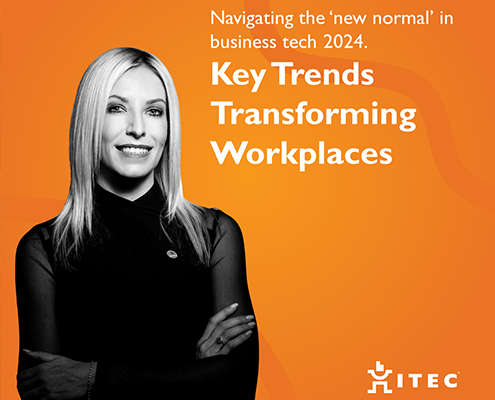In today’s world, where cyber threats and online fraud are on the rise, understanding cybersecurity is more important than ever. Geshan Naicker, IT Manager at Itec, emphasises the need to debunk common myths and embrace accurate information for effective online security.
Common Misconceptions:
Data Privacy is only for big organisations.
Everyone, from enterprises to small businesses to individual users, should prioritise protecting their data. Personal information is valuable to cybercriminals, regardless of the organisation’s size. Small businesses are often more vulnerable because they have fewer resources for cybersecurity. Small businesses might also share data with larger organisations, creating an entry point for cyber-attacks.
Personal data is only sensitive if it includes financial information.
Consumers often think that data privacy concerns are only about financial information, it is so much more than that. Personal data is any piece of information that can be used to identify a person. Other types of data like location data or browsing history are also personal because the sum of this information can be pieced together to identify someone. Sensitive data is a type of personal data but if exposed, could impact a person’s life.
Data privacy can be solved with technology.
Many companies and consumers believe data privacy can be entirely solved with technology like firewalls or encryption. They also believe it is only an IT issue, and not a business issue. The truth is that while technology plays a vital role, data privacy is also a policy and a human issue.
According to a study by IBM, 95% of cyber security breaches result from human error. Therefore, data privacy must involve training employees, understanding legal requirements and creating effective policies.
Data privacy compliance equals data protection.
By complying with laws like GDPR and POPIA, companies think their data is secure and their responsibilities are fulfilled. While legal compliance is extremely important, compliance doesn’t always cover best practices in data security. Organisations can still face security breaches due to evolving threats. The nature of cybersecurity requires continuous assessment.
Anonymised data is completely safe.
Another common misconception is that anonymising data removes all privacy concerns. The issue arises when multiples data sources are combined and cross-referenced with other sources which results in re-identification. Data anonymisation must be used in conjunction with other methods to ensure data security.
“In busting myths, my goal is to empower individuals and businesses in navigating the intricate landscape of data privacy, fostering a safer and more secure digital experience for all,” concludes Naicker.”










